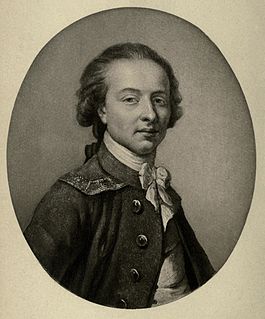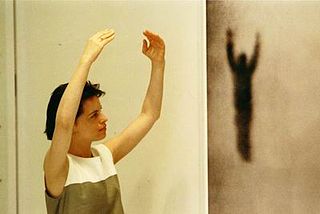A Quote by Antoine Rivarol
The cunning tempter, by avoiding the grossness of vice, often silences objections.
Quote Topics
Related Quotes
A vice sanctioned by the general opinion is merely a vice. The evil terminates in itself. A vice condemned by the general opinion produces a pernicious effect on the whole character. The former is a local malady; the latter, constitutional taint. When the reputation of the offender is lost, he too often flings the remainder of his virtue after it in despair.
Discretion is the perfection of reason, and a guide to us in all the duties of life; cunning is a kind of instinct, that only looks out after our immediate interests and welfare. Discretion is only found in men of strong sense and good understanding; cunning is often to be met with in brutes themselves, and in persons who are but the fewest removes from them.































